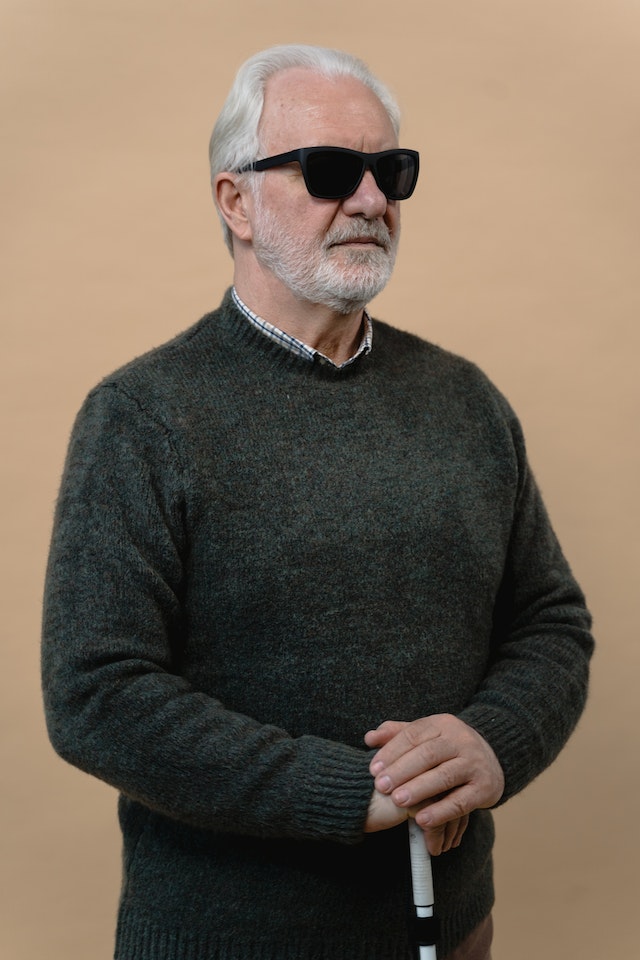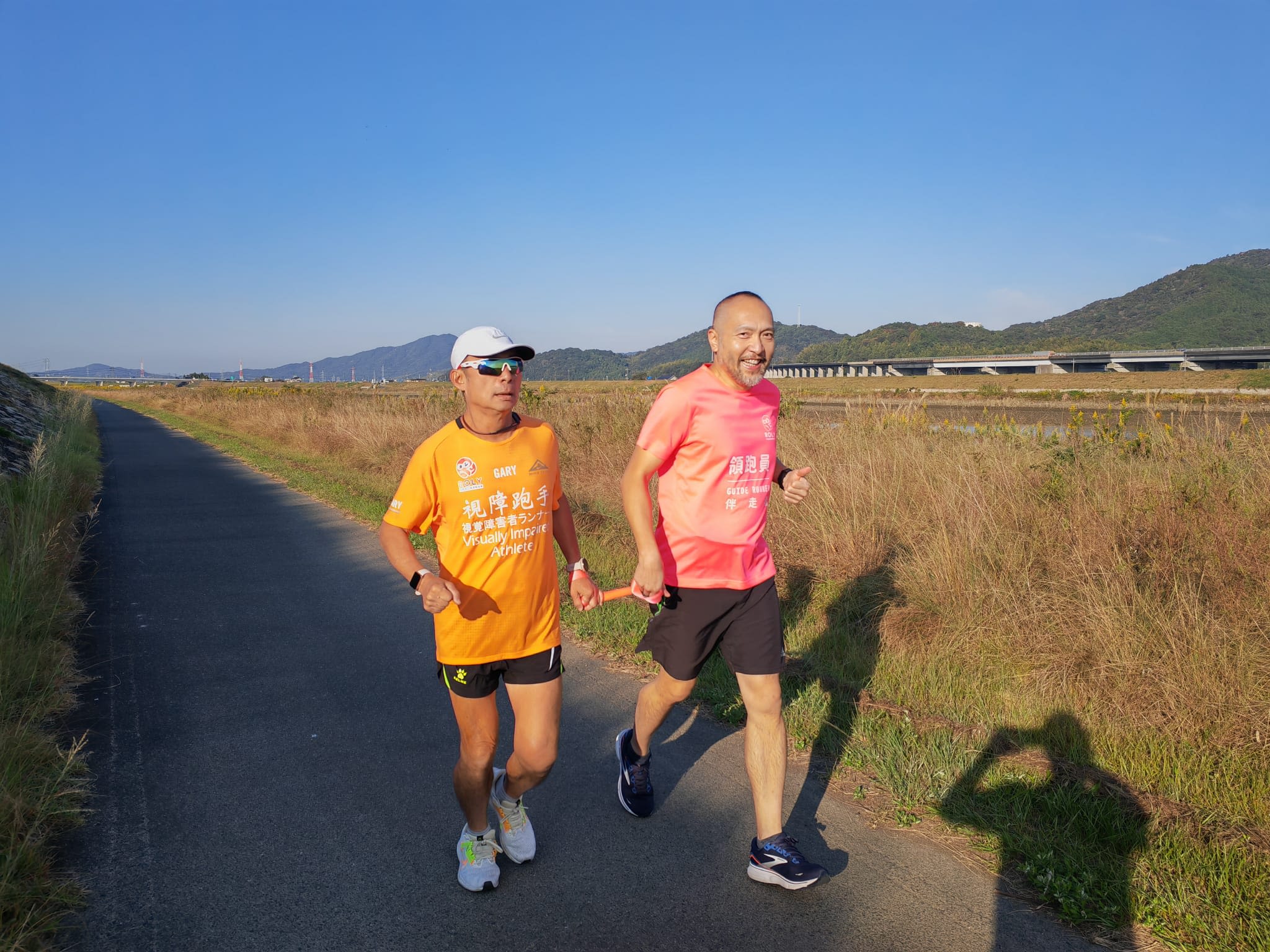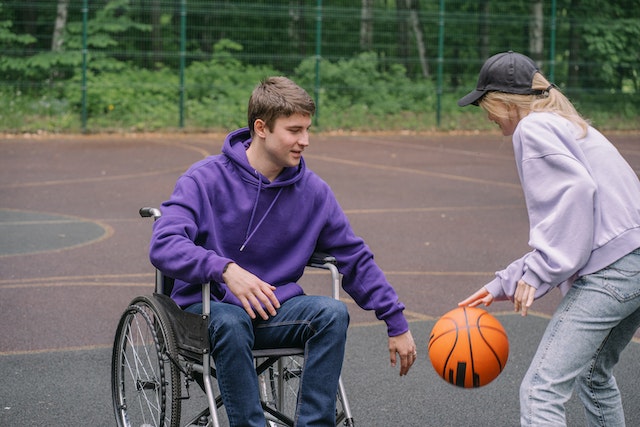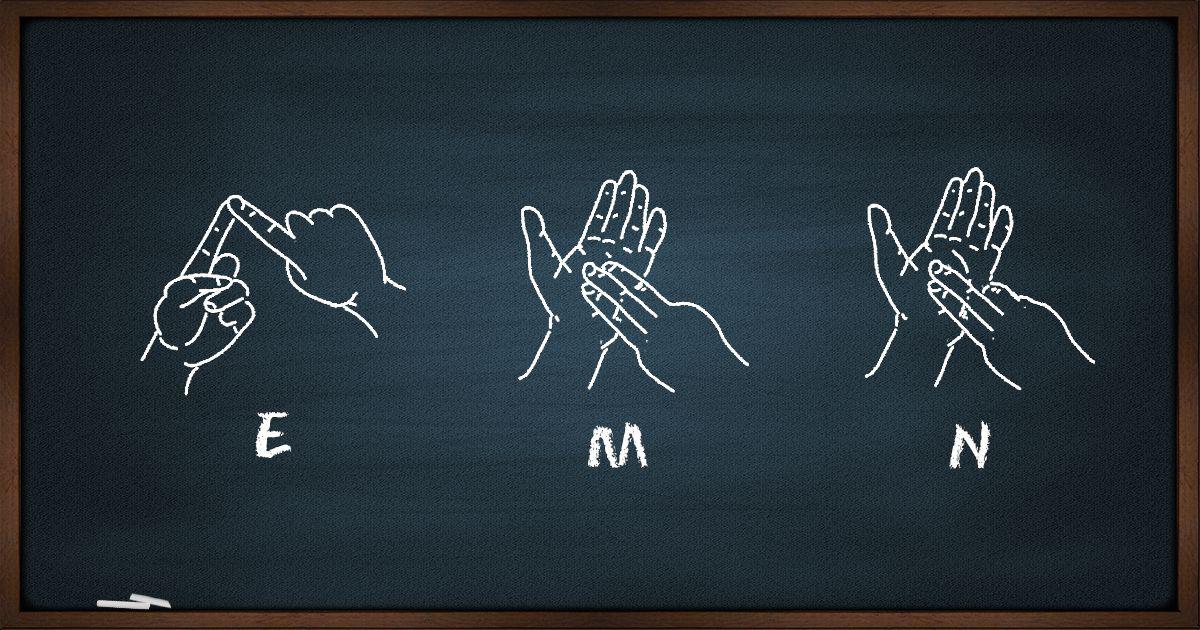This is the story of Pramila and Parvati.
Pramila Sisodia hailed the Marathwada region of Maharashtra and came from a tiny hamlet Deval in Beed District. Born a normal healthy child Parvati was studying in a school in Second Grade when she was affected by small pox. That devastated her life and she lost her eyesight. Naturally her parents and elders were worried about what would happen to her. For one she was a girl child. And to add to that she now had no eyesight.
It was while the family was drowning in sorrow when a chance visit from a relative from Mumbai brought a ray of hope into their lives. They were told about the School for the Visually Impaired and how she could continue her studies there and learn a course that would help her get a job and be self sufficient. Imagine sending a 6 year old away to a school in the bustling city of Mumbai, filled with strangers. While her parents sounded unsure and skeptical about her being sent, it was her grandmother who took courage to say this was the right thing to do!
Thus embarked the journey of the little girl Parvati who joined the Girls School for the Blind at Dadar. Loss of sight not withstanding, being away from the family at that tender age weighed heavily on her. But in a few weeks she understood that she was among others with similar impairment also away from their families. And this gave her the courage to settle down. And that is where she met and made her lifelong friend Parvati.
Parvati’s parents came from a hamlet to make a living in Mumbai. Parvati lost her father when she was just one year old. Her father was a fruit seller at the Crawford Market. After her father died they moved to Colaba where Parvati, her mother and her younger brother were given a room to live in by a watchman known to them. She was 3 years old when her vision did not seem to be getting any betterand on advice from the Doctor she was admitted into the same Girls School for the Blind at Dadar when she turned 5. That is when she met Parimala for the first time.
Both girls finished their schooling by passing the then XI Std. And together they decided to plan for their future.
Pramila moved in with Parvati in their tiny home and together they embarked on their journey through life. They took up job oriented courses which taught them how to assemble radios, learn to pack in a packaging unit and other trainings that they thought would be of help. Unfortunately, only disappointment greeted them as no one was willing to employ a person with visual impairment.
Undeterred they decided to take up a course of a physiotherapist at the KEM Hospital. Simultaneously they also graduated their Bachelor of Arts from Siddharth College.
Four years down the line, with a graduation certificate and job oriented certificates in physiotherapy and telephone operating, they continued to search for opportunities to put their training to use. One thing was clear, they could not go back to their villages for the simple reason that they knew there would be no job opportunities for them.
Living in the city, looking for a job opportunity, people then began asking them how they would survive alone as young women. How would they look after themselves in a world where vultures were ready to swoop down on helpless women. “Marriage”, said Parvati,” this seemed to be the only way out. We were educated. We had job oriented training but we were still jobless”
Who would accept them as they were? Impaired. Poor. Needing support. They were worried if they would get someone they could trust. Were they better off marrying someone with similar impairments so that their life would be one of understanding?? Or were they to hope for someone with sight so that their life would be better because of the vision of their life partner.
The human touch and longing in how, as young girls they too wished to be married to someone educated, smart, tall and handsome… as any normal girl would wish for is conveyed in their words. Then they also thought they were better off without being married.
Eventually they did married through Vijay Merchant’s Marriage Bureau. They signed up hoping to meet other people on the same wave length as them.
Meanwhile Parvati started manning a telephone booth and Pramila took on her job as a physiotherapist.
Parvati faced problems with regular people using the phone to make calls and walking away without making payments. Using any kind of excuse to not pay.
Pramila’s potential and ability was doubted by patients and parents of patients. They did not think a blind person would be of any assistance to help someone requiring physiotherapy. Yes it was demoralising to know people did not put their faith in a person with impairment. And both wished society would not treat them so. Why could they not be inclusive?? This question played on their minds constantly.
Marriage happened. Life progressed. And when they found out they were pregnant their worry for their unborn child clouded their thoughts. Would my child be normal? Will she have vision?? This kept playing on a repeat kode in their head. Imagine the plight of both parents being visually impaired and not knowing how to raise the child!!! With no support from either of their mothers, the couple learnt through trial and error and constant worry, to bring up their normal children in this world.
Their main worry in leaving the child on the bed was what would happen if the child rolled off. But the bigger problem was what if the child is on the ground and they step on it by mistake! Another difficulty they faced was in administering medicines. Then they learnt to use the dropper.
Once the kids started growing up it was tough keeping up with them. The infant would crawl out of the house and go to the road. Imagine a sightless person running out to get hold of the baby without knowing which direction to head to!!! But their extra sensitive ears helped them.
Touching anecdotes of the mischief their kids got into reveal the pride in their voices to know their kids were normal, naughty kids.
Did they ever regret not being able to see? Parvati recalls how, as a child of two when she took her son to the booth, enroute as they walked the inquisitive child would repeatedly question..”What is that? What is this?” At moments like this she wished she could see for her to be able to answer her little boy’s questions! But she encouraged him to touch and feel and explore for himself that which attracted his attention.
The journey takes them further when their children start attending regular school. They learn all over again through the eyes of their children. They recall their own learning and teach their kids when they come asking for help. Their only worry was their children should not be discriminated against because of the impairment their parents had.
Parvati and Parimala with their life partners have raised honest, ethical children who look forward to doing something so that others who are impaired will not have to go through the trials and tribulations their parents have faced.
Watch their life and listen to the brave women who have made a success of not only their own lives, but have also ensured their kids do well.






